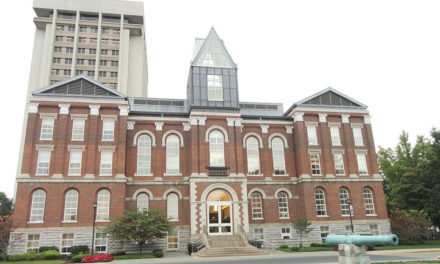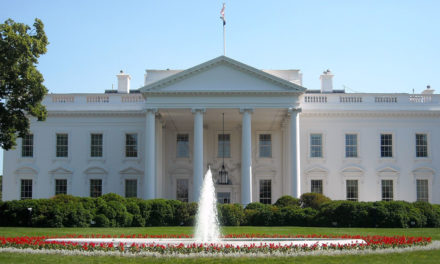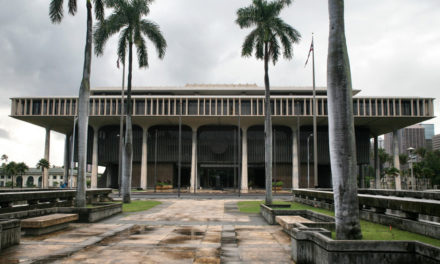Ann Arbor, Michigan dodged a federal lawsuit recently by agreeing not to enforce its local nondiscrimination ordinance against a couple of young, conservative entrepreneurs who started a political consulting firm in the city.
The entrepreneurs in question, Grant Strobl and Jacob Chludzinski, founded ThinkRight Strategies, LLC in 2018. They represent, or offer advice to, conservative causes and clients. They do not want to do business with and for liberal causes.
The pair noticed, however, that the mission of their business ran squarely into the prohibitions contained in Ann Arbor’s ordinance, which, among other things, prohibits “public accommodations” (aka businesses) from “discriminating” on the basis of “political beliefs.”
With potential fines of $500 per day facing them, Strobl and Chludzinski consulted attorneys with Alliance Defending Freedom, who brought a First Amendment lawsuit on their behalf against the city.
With the latest settlement, Ann Arbor states that ThinkRight Strategies is not a “public accommodation” covered by the ordinance. That’s indeed a creative solution to its legal problem, since the ordinance clearly includes “…business or other facility of any kind, whose goods, services, facilities, privileges, advantages or accommodations are extended, offered, sold or otherwise made available to the public…” ThinkRight Strategies fits that definition as much as any other business in the city.
Sometimes the best way to avoid defeat is to redefine terms. It worked out well in this case, but the overreaching ordinance lives on to trap the next unwary businessperson.
The inspiration for most of today’s state and local nondiscrimination laws is the federal Civil Rights Act of 1964, which originally prohibited discrimination in public accommodations on the basis of five characteristics: race, color, religion, sex, or national origin. More than a half-century later, cities like Ann Arbor are up to 23 protected classes, including things like “actual or perceived age,” “arrest record,” “educational association,” “height,” “family responsibilities,” “weight,” and a host of other categories. Such ordinances are merely exercises in “virtue signaling” rather than serious laws designed to remedy serious problems.
The 1964 Act also strictly limited its definition of public accommodations to things like hotels, entertainment venues, modes of public transportation and restaurants where African Americans had traditionally been denied access. Today’s more extreme nondiscrimination laws—of which Ann Arbor’s is the perfect example—define “public accommodations” as any business within the city limits, even those without a brick and mortar presence!
ADF Senior Counsel Jonathan Scruggs represents ThinkRight Strategies. In a statement posted on ADF’s website, he notes, “The positive outcome here for Grant and Jacob underscores a core American principle: The government can’t force creative professionals to surrender free speech and religious freedoms in order to operate a business.”
Laws that are merely tools to enforce right-thinking about a particular ideology violate the First Amendment’s prohibition of government-compelled speech. Hopefully the lessons Ann Arbor learned in this case will translate into more freedom for its citizens and businesses in the future.
Photo from Alliance Defending Freedom






